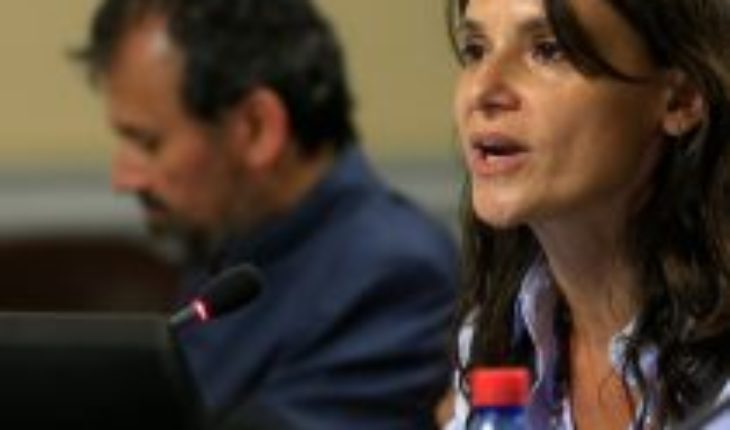
A technical analysis, far from the political trench is that made by the economist Andrea Repetto, academic of Adolfo Ibáñez University and former president of the Advisory Fiscal Council (CFA), on the economic situation to be warn the country. There are few voices, including the government, attributing the current stalemate to the crisis unleashed from 18 October. However, that is one of the first data that Repetto clarifies.
“In fact, the fiscal deterioration began in 2012,” he said in an interview with El Mercurio. Indeed, the economist emphasizes another important factor that is unrelated to the current crisis situation. “On the other hand, the 2014 tax reform has not raised what was expected. With this, gross debt has grown steadily, and before October 18th there was an important discussion on how to deal with this fiscal trend,” he said.
Repetto believes that Chile goes through a typical process for a country with its level of development. “States tend to grow with development. At some point it is no longer enough to support only those in poverty with high targeting. It is natural for middle groups to also demand greater access to state benefits such as better education, pensions and health, and greater protection against vulnerability,” he explained.
The academic highlighted the good decision of the Minister of Finance, Ignacio Briones, that on behalf of the government to dismiss the tax reintegration of the reform promoted by the Executive. “That was going to bring significant tax costs and a worsening in tax equity. Achieving a healthy fiscal situation is going to require new political agreements. It is difficult to both raise taxes and adjust spending; it is the Ministry of Finance that must convene these agreements,” he said.
Repetto sent a message to the government to deal with the fiscal situation. “In the short term, it is reasonable to use debt. But at the same time, the Government must chart a credible path of how new spending will be dealt with and what level of debt is tolerable to stabilize,” he recommended. But it did not rule out that in the future tax adjustments should be implemented to address the costs of the reforms that citizens demand. “It may not be necessary to raise taxes today; but we do need to start talking about how and how much we will raise in the future to cope with more permanent social spending,” he said.
In that sense, Repetto highlighted something that seems to be at this point a consensus among less conservative economists. Chile still has a level of tax collection that is below what our level of development suggests, even discounting social security spending. Tax modernization will bring some more revenue, but it won’t close that gap,” he said.
Finally, Andrea Repetto dismissed public policy as the main issue for containing the crisis. “Public order and containing violence is a part of the problem. It will also be central to agree on an agenda that takes charge of the conditions of economic inequality, dignity and treatment that we are dragging on, and also the burden that produces the high cost of living and the low wages that most people receive. This is not done overnight, but we must start building it.”





